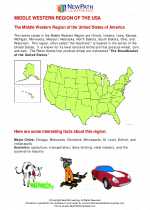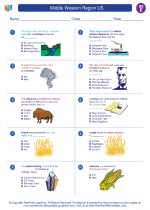Woodrow Wilson
Woodrow Wilson was the 28th President of the United States, serving from 1913 to 1921. He was a key figure in the establishment of the League of Nations and is known for his 14 points, which he believed would lead to world peace.
Early Life and Education
Wilson was born on December 28, 1856, in Staunton, Virginia. He attended Princeton University and later earned a law degree from the University of Virginia. He went on to earn a Ph.D. in political science and history from Johns Hopkins University.
Political Career
Wilson served as the President of Princeton University from 1902 to 1910 and then as the Governor of New Jersey from 1911 to 1913. He won the presidential election in 1912 as a Democrat, and his domestic policies were known as the New Freedom. He also led the United States through World War I and played a significant role in the Treaty of Versailles.
Legacy
Wilson's legacy includes his efforts to promote democracy and self-determination around the world, as well as his vision for a League of Nations. While his ideas faced opposition at home, they had a lasting impact on international relations and the eventual formation of the United Nations.
Study Guide
Here are a few key questions to consider when studying Woodrow Wilson:
- What were Woodrow Wilson's 14 points and how did they influence the Treaty of Versailles?
- How did Wilson's background in academia and politics shape his presidency?
- What were some of the key domestic policies of Wilson's New Freedom?
- What role did Wilson play in the establishment of the League of Nations?
- What was the significance of Wilson's vision for international relations and the League of Nations?
[Woodrow Wilson] Related Worksheets and Study Guides:
.◂Social Studies Worksheets and Study Guides Fifth Grade. Middle Western Region US

 Worksheet/Answer key
Worksheet/Answer key
 Worksheet/Answer key
Worksheet/Answer key
 Worksheet/Answer key
Worksheet/Answer key
